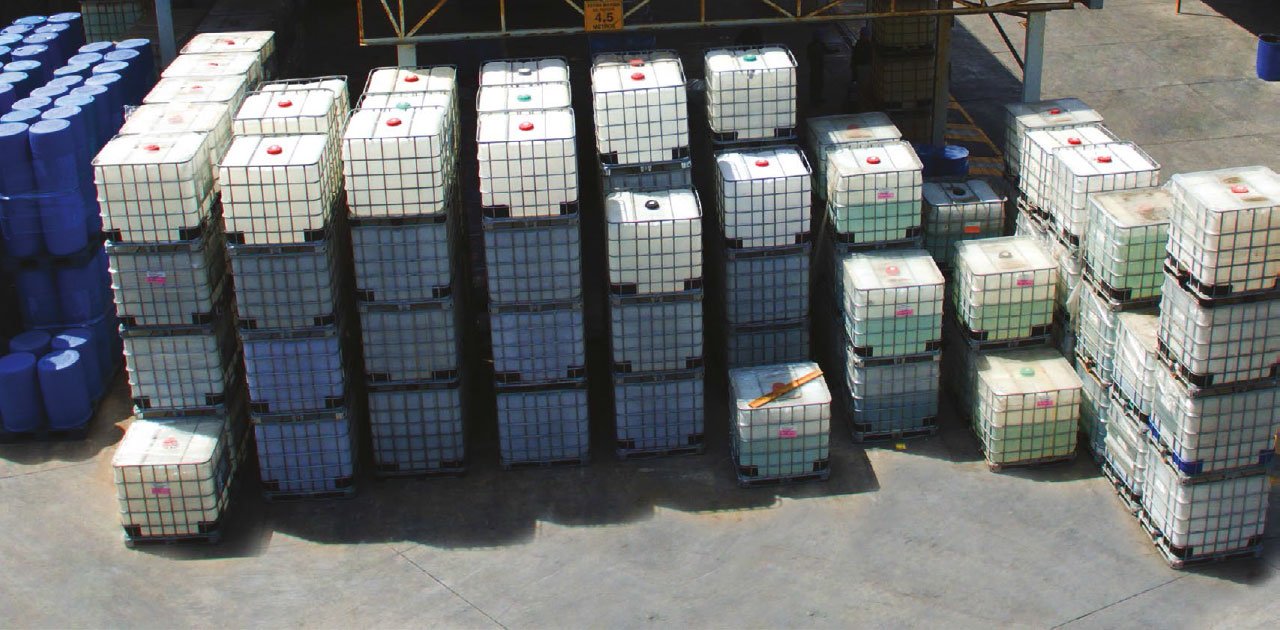RESPONSIBLE

SOURCING

Supply Chain
We work with our partners by adhering to principles
of ethics and integrity to assure that purchasing,
warehousing, distribution, use and product disposition
processes in our supply chain are safe both for people
and the environment. To that end, we have established
a Cultural Committee that will ensure respect for
applicable regulations, as well as equality and inclusion
in the company’s working conditions. This Cultural
Committee is led by the company’s CEO and Executive
Director, who report on the strategy’s compliance and
performance to the Board of Directors.
In order to guarantee a responsible supply chain, we share with our suppliers the integral management system policy and the suppliers’ manual. Both documents establish our commitment to take care of the environment and we ask of our business partners’ recognition of and abidance to those documents.
G4-LA14, G4-LA15, G4-EC9, G4-HR1, G4-DMA SUPPLIER ENVIRONMENTAL ASSESSMENT, INVESTMENTDuring 2015 we only added three raw material suppliers and 80 suppliers of inputs and services; we currently have a list of 3,000 suppliers with whom we work on a regular basis. We have established contracts with each of them that include clauses on compliance with national regulations in terms of safety, health, social repercussions and human rights. We also strive to use local suppliers.

Eighty percent of our suppliers are for inputs and services, 100% of who are local. The remaining 20% of suppliers consist of raw material suppliers:
- Inorganic chemicals, solvents and blends: 70% are local and 30% foreign
- Food segment: 18% local and 82% foreign
- Lubricants segment: 100% foreign
- Paper segment: 30% local and 70% foreign
We have suppliers with whom we maintain client/ supplier business relationships and who have incorporated us to the TFS (Together for Sustainability) assessment chain. In order to be part of this system it is necessary to become engaged in the EcoVadis platform and to undertake an in situ audit to validate the registration’s information.
The elements on which the assessment is made are:
- Environment
- Labor practices
- Fair trade practices
- Sustainable supply
The evaluation comprises corporate practices that are applicable to all of our operations.
In addition, during the supplier selection and evaluation process we apply a pre-evaluation questionnaire in which we request evidence of fulfillment of some environmental management system or a self evaluation with regard to performance. In the last weeks of 2015 we began to apply the new version of the questionnaire, which now includes elements of sustainability; the results of those questionnaires will be reported during 2016.
The suppliers’ evaluations are conducted every six months through a performance registry of services. This evaluation applies to key suppliers who affect our safety, quality and service. At present, 80% of our raw material suppliers and 70% of our transport suppliers are determined to be reliable on this point and we have established action plans for those who fail to meet the requested standards.
Only input suppliers that affect quality and safety, as well as transport suppliers, are made the subject of on-site audits on a regular basis as part of an annual program. An audit is made of domestic raw material suppliers when their six-month performance has led them to be considered as conditional suppliers.
